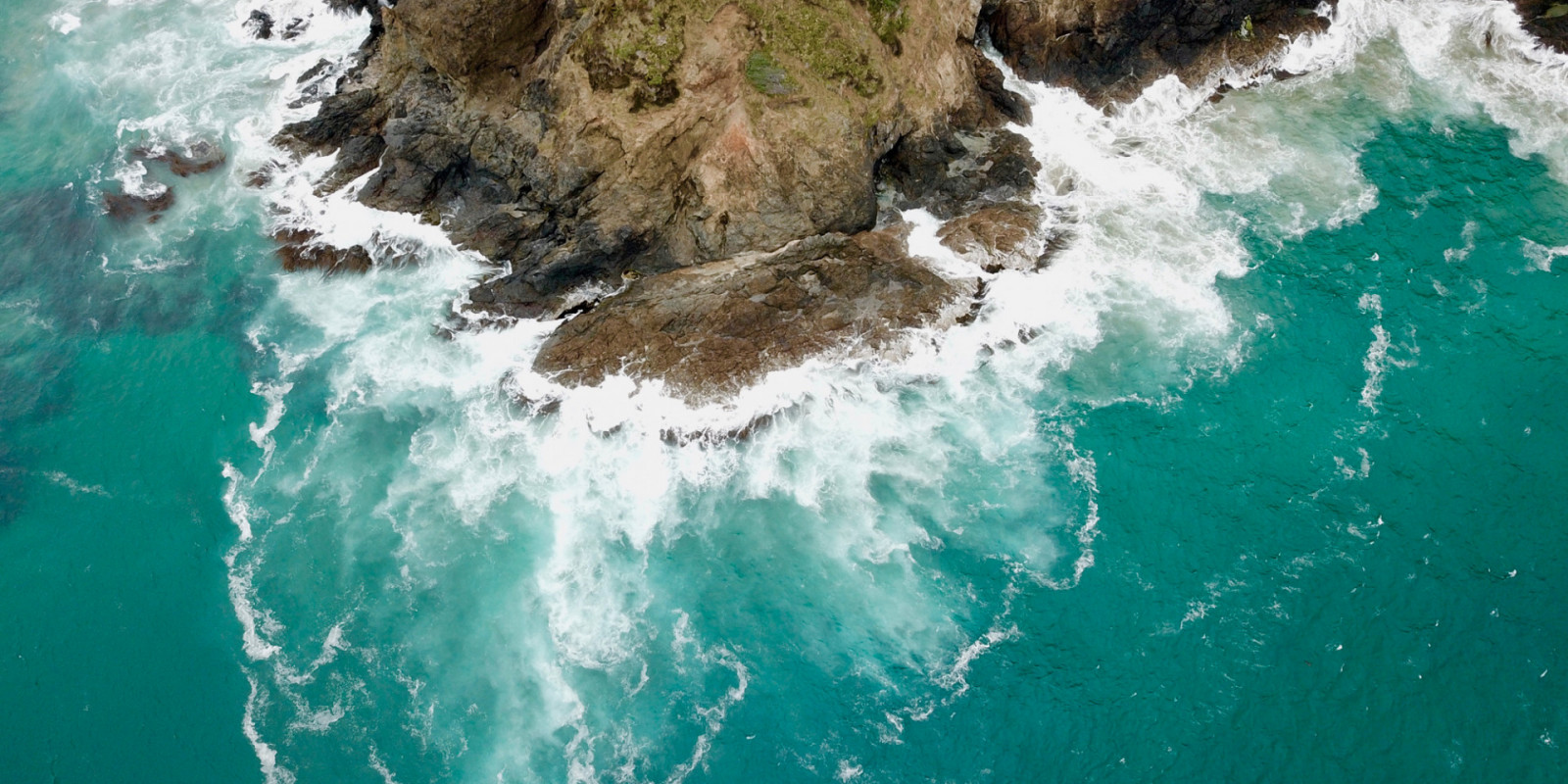- Summary
Improving regulatory decision-making for the health of our seas through EBM
This A3 summarises what we are doing and how our research is developing knowledge and tools that can be applied by decision-makers and marine managers in Aotearoa New Zealand.
There is a growing conflict in the way Aotearoa New Zealand uses, protects and manages its marine environment. The current marine management regime is fragmented, complex, and does not adequately provide for the mātauranga Māori and Treaty of Waitangi / Te Tiriti o Waitangi relationship. With the cumulative effects of climate change, and marine and land-based activities continuing to intensify, the health of our seas is declining. We urgently need to move to an ecosystem-based management (EBM) approach that supports a ‘blue economy’ and is specifically tailored to the context and needs of New Zealand, in order to protect and manage use of the marine environment in a holistic, integrated and inclusive way.
How do we achieve it?
- Develop a shared vision and engage in activities that will improve the health of our oceans
- Take a ki uta ki tai / mountains-to-seas approach and develop outcomes and targets for the ecosystem
- Acknowledge and provide for the Treaty of Waitangi relationship to achieve enduring and impactful outcomes
- Identify, assess and manage cumulative effects at a strategic level instead of project by project
- Take account of risk and uncertainty in our decision-making
- Take a place-based, opportunities-focused blue economy approach to decision-making
- Implement a management system that is dynamic and able to adapt and respond quickly to change
What is the Sustainable Seas National Science Challenge doing?
Our research is developing knowledge and tools that can be applied by decision-makers and marine managers under the current marine management system, as well as a framework for how we might implement an EBM approach in New Zealand.
We are working with partners in Hawkes Bay, Marlborough, Hauraki Gulf and Waikato to undertake real-world trials of the EBM knowledge and tools that our research is generating. And we will continue to work alongside agencies to ensure that research is policy relevant and can be used to inform key work programmes, eg resource management system reform, marine protected areas, ecosystem-based fisheries management and environmental reporting.
We are also investigating opportunities for marine activities that create economic value and contribute positively to ecological, cultural and social well-being.
Download/view the summary below for further information on how we will achieve long-term outcomes:
